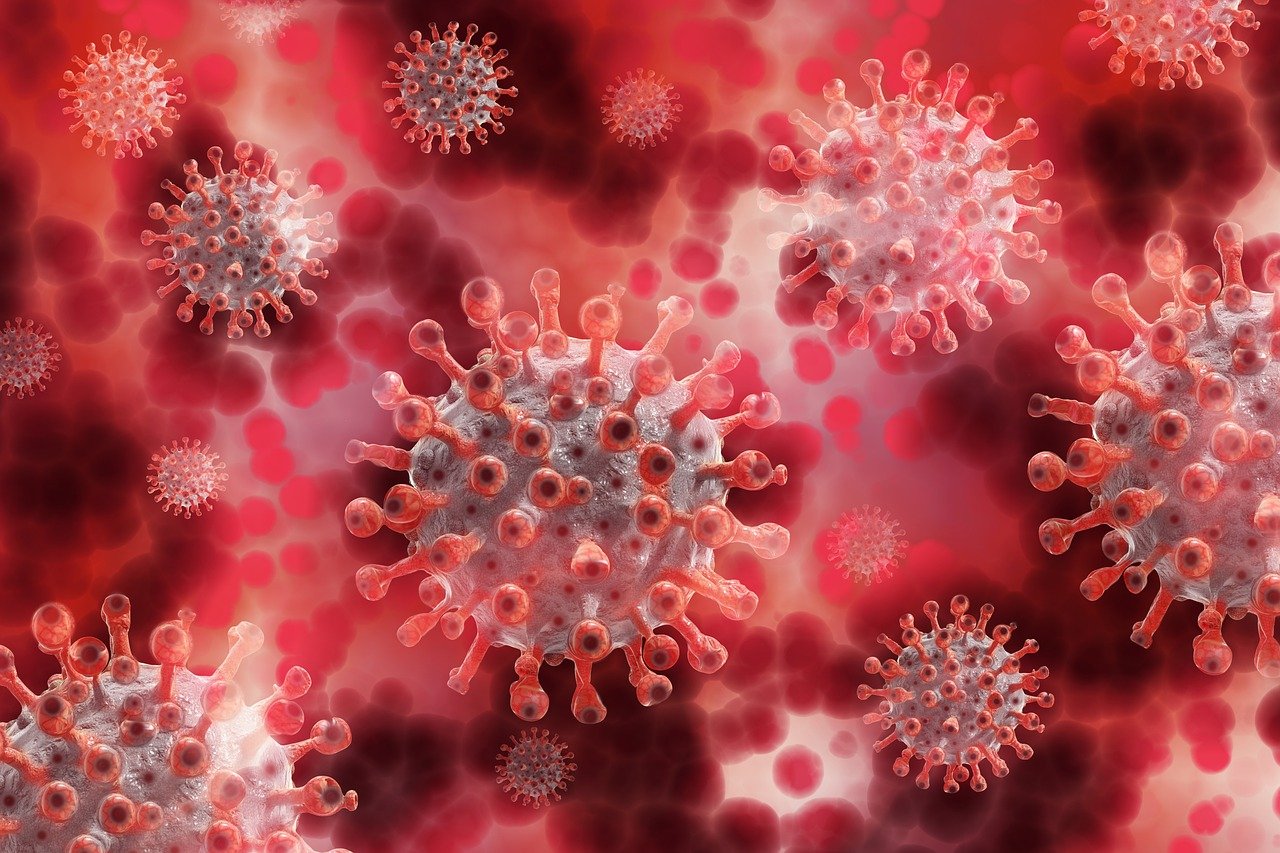-
Tom Brady's LFG Player of the Game: Ravens' Lamar Jackson | Week 16 DIGITAL EXCLUSIVE - 12 mins ago
-
Alpha Prime Racing Confirms Huge Crew Chief Signing For NASCAR Xfinity Series - 22 mins ago
-
2 U.S. Navy pilots eject to safety after friendly fire downs their fighter jet - 27 mins ago
-
JuJu Watkins and No. 7 USC hold off Paige Bueckers and fourth-ranked UConn 72-70 - 55 mins ago
-
Today’s ‘Wordle’ #1,282 Answers, Hints and Clues for Sunday, December 22 - about 1 hour ago
-
‘Connections’ December 22: Hints and Answers for Game #560 - 2 hours ago
-
No. 7 USC Trojans vs. No. 4 UConn Huskies | Paige Bueckers vs. JuJu Watkins thriller | FOX CBB - 2 hours ago
-
College Football Playoff: Ohio State Routs Tennessee, Will Face Oregon in Rose Bowl - 2 hours ago
-
Tom Brady picks his Super Bowl favorite a few weeks before NFL playoffs start - 2 hours ago
-
Dodgers Reportedly Battling With Blue Jays, Red Sox For Teoscar Hernández - 3 hours ago

The latest study supports the widely accepted scientific view that SARS-CoV-2 originates from nature.Continue reading































